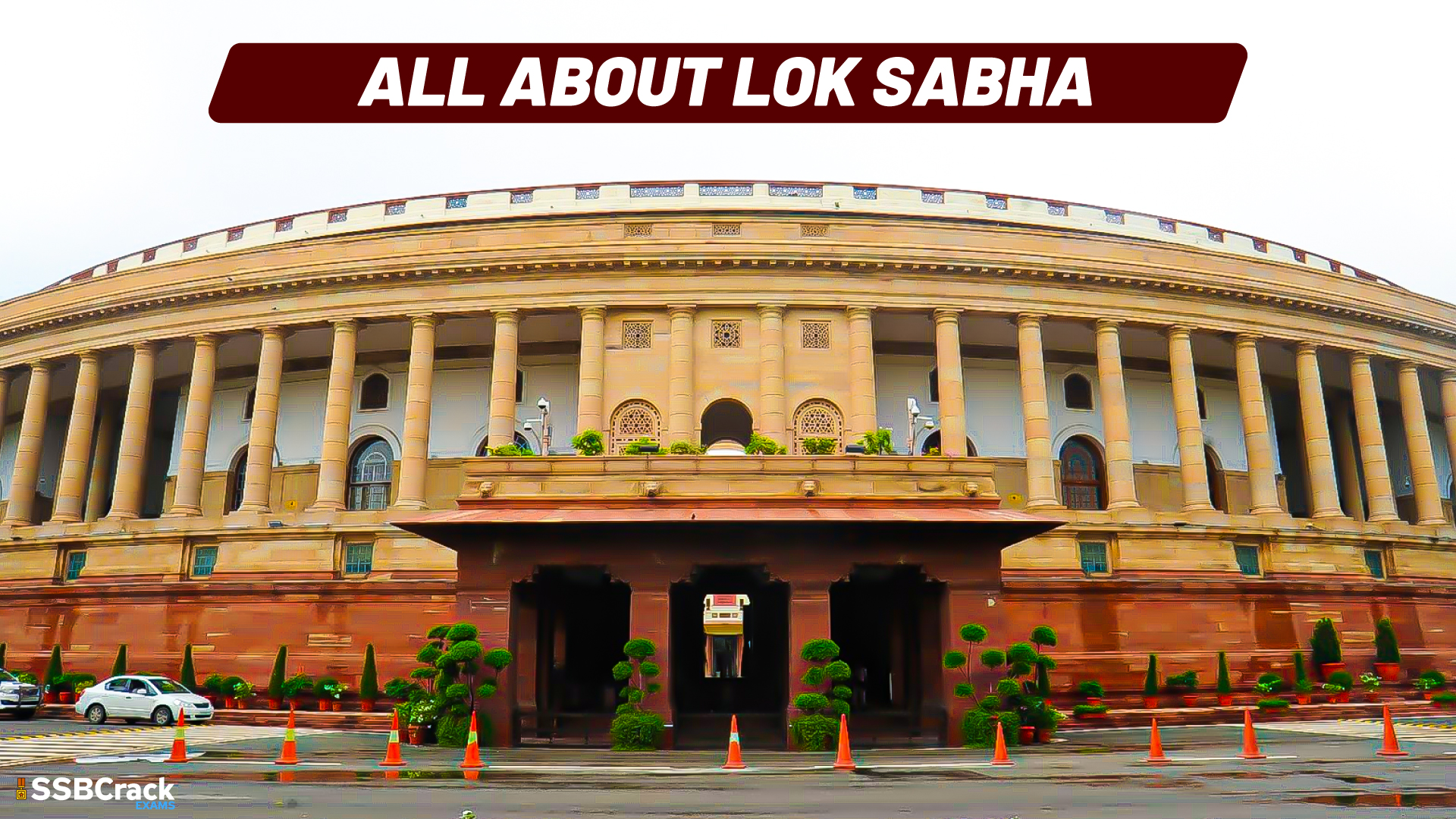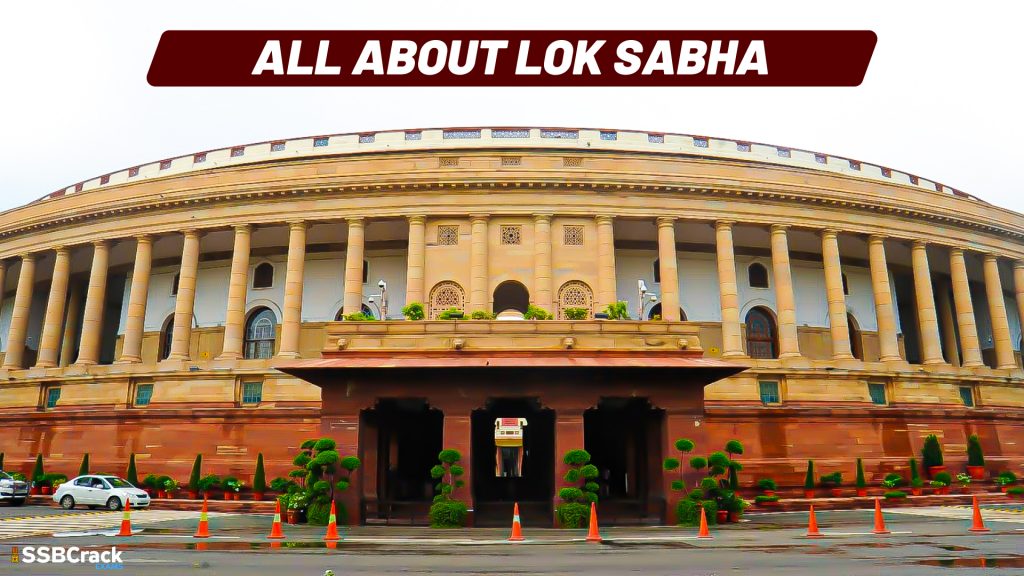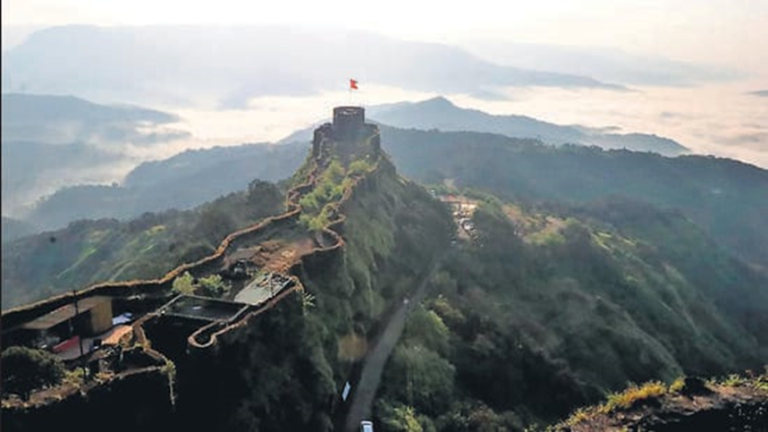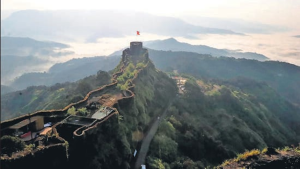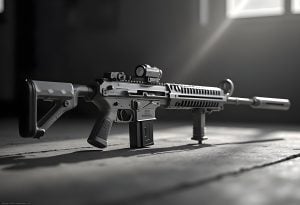The parliament is the legislative organ of the union government. India follows a parliamentary form of government model also known as the Westminster model. So, the role of parliament becomes more important in the Indian democratic system.
Article 79 to 122 of the Indian constitution deals with the organization, composition, procedure, privileges and other topics of the parliament. Being an aspirant of competitive exams, it is very significant to know about the Indian democratic system, the parliament, its working, and other facts related to it.
In this article, we are going to discuss every significant aspect of the lower house of the Indian parliament, which is the Lok Sabha. We will discuss the composition of the Lok Sabha, the system of elections in the Lok Sabha, the duration of Lok Sabha and other subtopics related to it.
1. Composition of Lok Sabha
The maximum strength of the Lok Sabha is fixed at 552. Out of these 530 members are to be the representatives of the states, 20 members are to be the representative of the union territories and two members are nominated by the president from Anglo- Indian community. At present, the Lok Sabha has 543 members. In this, 530 members represent the states, 13 members represent the union territories and 2 Anglos Indians are selected by the president.
- Representation of the state
- Representation of Union territories
- Nominated members
2. System of election to Lok Sabha
There are various aspects of the system of elections to Lok Sabha which are included in the points below:-
- Territorial constituencies
Each state is divided into territorial constituencies to hold direct elections. In this aspect, there are two provisions enshrined in the constitution, which are as follows:-
- Each state is allotted several seats in the Lok Sabha in such a manner that the ratio between the number and its population is the same for all the states. This provision doesn’t apply to the states having a population of less than 6 million.
- Each state is divided into territorial constituencies in such a manner that the ratio between the population of each constituency and the number of seats allotted to it is the same throughout the states.
Overall, the constitution ensures that they should be uniformity in the representation in each state.
- Readjustment after each census
After every census, a readjustment programme is run to
- Allocate the seats in the Lok Sabha to the states
- Division of each state into territorial constituencies
The parliament is empowered with the right to determine the authority and manner in which the delimitation will take place. And in this order, it has enacted delimitation commission acts in 1952, 1962,1972, and 2002.
- Reservation of SCs and STs
Although the constitution has itself abandoned the system of communal representation, it provides for the reservation of seats for scheduled castes and scheduled tribes in the Lok Sabha based on population ratios.
Seats are reserved for the SCs and STs, they are elected by all the voters in a constituency, without any separate electorate. A member of scheduled castes can contest from a general seat as well.
3. Duration of the Lok Sabha
The term of Lok Sabha is five from the date of its first meeting after the general elections. After five years it automatically dissolves. However, the president can dissolve the Lok Sabha anytime and his decision cannot be challenged in the courts.
In future, the term Lok Sabha can be extended on valid grounds, such as a national emergency. However, once the emergency has ceased to operate, then the Lok Sabha cannot be extended for more than 6 months.
4. Qualification for the membership of Lok Sabha
The constitution has laid down some qualifications for the Lok Sabha members which has to be fulfilled by every candidate seeking to be its member. These qualifications are as follows:-
- He must be a citizen of India.
- He must make and subscribe to an oath or affirmation before the person authorized by the election commission for this purpose.
- Furthermore, he must be not less than 25 years of age in the case of the Lok Sabha.
- He must possess other qualifications prescribed by the parliament.
- He must be registered as an elector for a parliamentary constituency.
- Likewise, he must be an SC or ST to fight the election in the reserved seats.
5. Grounds Of Disqualifications For The Members Of Lok Sabha
The constitution has also enshrined the grounds for disqualification of the member of Lok Sabha. The grounds of disqualification are as follows:-
- If he holds any office of profit under the union or state government.
- If he is of unsound mind and stands so declared by the court.
- If he is an undischarged insolvent.
- If he is not a citizen of India or has voluntarily acquired the citizenship of a foreign state.
The parliament has laid down some grounds for disqualification in the representatives of India Act(1951).
- He must not have been found guilty of certain election offences or corrupt practices in the elections.
- He must not have been convicted of any offence resulting in imprisonment of two or more years. The candidate must have lodged an account of his election expenses in time.
- He must not hold the office of profit under any circumstances as a director or managing agent.
- He must have not been dismissed from service on the charges of corruption.
There are other such grounds on which a member of Lok Sabha can be disqualified.
Powers and Functions of the Lok Sabha.
6. Powers of Lok Sabha
Lok Sabha holds many powers which are significant for the normal functioning of Indian democracy and administration. We have categorized these powers in legislative, financial and executive. The powers are written below.
- Legislative powers
The Lok Sabha has the power to pass bills on any of the subjects listed in the Union List and the Concurrent List. It can also enact bills on state issues in emergencies or if the Rajya Sabha declares a particular state matter of national interest through a resolution passed by a majority of its total members and 2/3 of those present and voting. Such a bill, however, may only be valid for a year.
- Financial powers
The Lok Sabha’s authority over the purse is undeniable. In the Lok Sabha, a money bill must be introduced. It will be sent to the Rajya Sabha for recommendations once it has been passed by the Lok Sabha. The Rajya Sabha, on the other hand, is required by the Constitution to return the bill to the Lok Sabha with its recommendations within 14 days after receiving it.
The bill is assumed to have been passed by both Houses of Parliament if the Lok Sabha approves these proposals.
- Control over the Executive:
The most essential duty of a lower House in a Parliamentary form of government is “Control over the Executive.” Our Parliament’s lower house is not an exception. The Lok Sabha holds the Council of Ministers collectively responsible under Article 75(3). This means that if the Lok Sabha passes a vote of no confidence in the government, the ministry must resign.
The Lok Sabha and the Rajya Sabha jointly perform the following functions:
- Approval of the ordinances issued by the President [Article 123 (2)]
- Changes the qualifications of the members of the Parliament and State Legislatures as per RPA Act 1951.
- Revising the salary and allowances of the members of Parliament.
- Change of the boundaries of the states. State, creation of new states and change in the name of any state. (Article 3)
- The setting up of the Joint Public Service Commission for two or more states.
- Passing of a resolution for abolishing or creating the upper chamber of a state legislature. (Article 169)
- Approval of a Declaration of Emergency. (Article 352 and 356)
Conclusion
The Lok Sabha is the house of people. It is the lower house of the Indian parliament and holds much more importance than Rajya Sabha in certain cases. The Lok Sabha has a duration of 5 years. It makes and unmakes the cabinet. The power which the Lok Sabha holds help them to structure the administration machinery, rules and sometimes the government itself. As the direct representative body of millions of people of India, it can act as their spokesperson and serve as the platform for their interests. “If the Parliament is the supreme organ of the State, the Lok Sabha is the supreme organ of its Parliament. In fact, for all practical purposes, it is the Parliament.”
To crack the SSB interview, You can join our SSB interview live classes batch and we recommend you to Enroll SSB INTERVIEW ONLINE COURSE. Trusted by thousands of defence aspirants.
Also Read:
- The President Of India: Indian Polity Notes For Defence Exams
- How The President Of India Is Elected? [Fully Explained]
- How Vice President Of India Is Elected? [Fully Explained]
- Rajya Sabha: Indian Polity Notes For Defence Exams
- List Of Viceroys In India From 1858 To 1947: Indian Polity Notes For Defence Exams
- List Of Schedules Of Indian Constitution: Indian Polity Notes For Defence Exams
- Fundamental Duties: Indian Polity Notes For Defence Exams
- Directive Principles Of State Policy: Indian Polity Notes For Defence Exams
- 5 Types Of Writs Indian Polity Notes For Defence Exam


